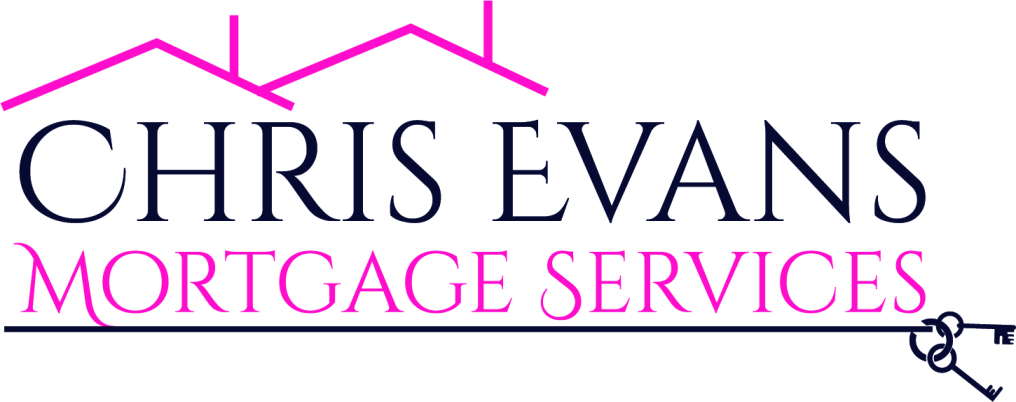Protection
There are so many different types of protection policies available in the market that it can seem rather dauting to choose the right product.
Due to the large number of options and complexity of some policies we believe that people need to obtain professional advice.
At Chris Evans Mortgage Services we will explain all the options available to you, without the jargon, so that you have protection that is suited to your requirements.
